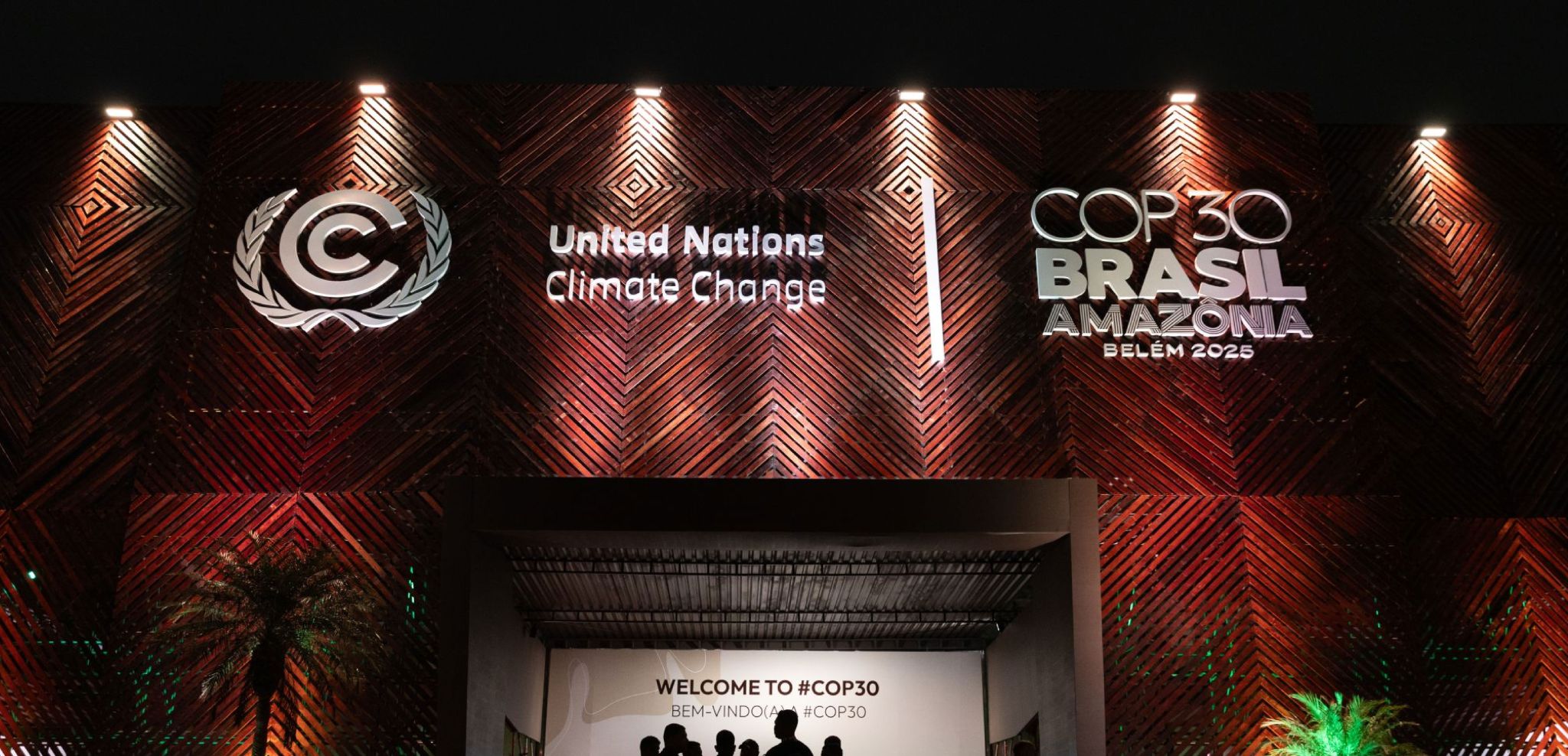Compromise.
That’s how the world’s leading news organizations summed up COP 30, the United Nations climate conference that just ended in Belém, Brazil. A sampling;
“A climate compromise” — Le Monde (France)
“Mixed verdict” — The Times Of India (New Delhi)
“Fragile deal” — The New York Times
“Historic finance boost” — O Globo (Brazil)
“Progress on money, standstill on oil, gas, coal” — DER SPIEGEL (Germany)
“Vulnerable nations decry lack of fossil-fuel phaseout” — Al Jazeera Media Network (Qatar)
“Multitrao consensus, showcasing unity” — China Daily (Beijing)
The mutirão spirit, or working together, was as good as the conference could get, given it had compromise at every turn. Here’s what mattered most in the end:
-
Commitment to a Just Transition facility, aimed at supporting groups and communities most impacted by climate action
-
Commitment to triple adaptation finance, although no clear path to do so
-
80 counties called for a roadmap to phase out fossil fuels, fewer than expected
-
New push for oceans-based solutions
-
New emphasis on “information integrity” to combat disinformation on climate
-
No significant agreements on deforestation, a setback for many given the summit’s location in the Amazon basin.
COPs (or Conference of the Parties who signed the UN climate framework) tend to end in a mix of commitment and disappointment. This one was no different — although given its milestone status and location in Brazil, home to the first Earth Summit in 1992, it fell short of most expectations. Perhaps that’s not surprising, given the state of geopolitics and the global economy.
Turkiye will host COP31 next year, while Australia will lead the negotiations. Both countries were vying for the lead role, and agreed to share the spotlight.
Another compromise!
John Stackhouse, Senior Vice-President, Office of the CEO, RBC
This article is intended as general information only and is not to be relied upon as constituting legal, financial or other professional advice. The reader is solely liable for any use of the information contained in this document and Royal Bank of Canada (“RBC”) nor any of its affiliates nor any of their respective directors, officers, employees or agents shall be held responsible for any direct or indirect damages arising from the use of this document by the reader. A professional advisor should be consulted regarding your specific situation. Information presented is believed to be factual and up-to-date but we do not guarantee its accuracy and it should not be regarded as a complete analysis of the subjects discussed. All expressions of opinion reflect the judgment of the authors as of the date of publication and are subject to change. No endorsement of any third parties or their advice, opinions, information, products or services is expressly given or implied by Royal Bank of Canada or any of its affiliates.
This document may contain forward-looking statements within the meaning of certain securities laws, which are subject to RBC’s caution regarding forward-looking statements. ESG (including climate) metrics, data and other information contained on this website are or may be based on assumptions, estimates and judgements. For cautionary statements relating to the information on this website, refer to the “Caution regarding forward-looking statements” and the “Important notice regarding this document” sections in our latest climate report or sustainability report, available at: https://www.rbc.com/our-impact/sustainability-reporting/index.html. Except as required by law, none of RBC nor any of its affiliates undertake to update any information in this document.


